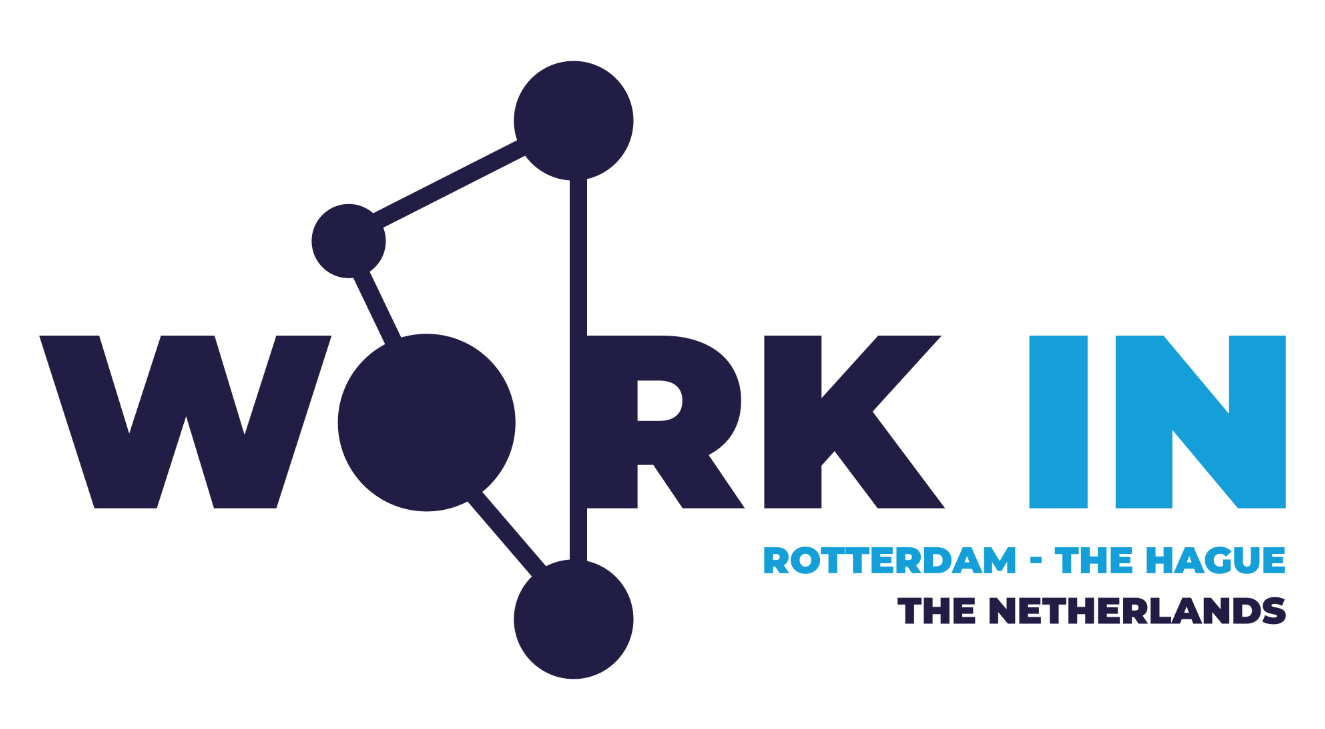PhD Position Physics-Aware Foundation Models for Climate Research

Delft University of Technology (TU Delft)
Are you passionate about applying AI to climate challenges? Join our innovative PhD project at TU Delft!
Job description
The emergence of general-purpose large AI models, known as "foundation models" (FMs), such as GPT-n and Llama for language, and DALL-E for images, marks a significant advancement in AI. However, their application to critical areas like climate, environment, and natural energy often lacks interpretability and reliability, largely due to their data-driven nature. Integrating principles of physical consistency into FMs is crucial to ensure that the models not only perform well on data but also adhere to the fundamental principles of the systems they aim to model.
This PhD project will address the following fundamental challenges on how to achieve this for practical large-scale systems.:
- Developing a large-scale physically consistent FM: You will integrate atmosphere, surface, and subsurface earth observations to develop FMs for modelling the erath and climate system that incorporate multiple physical principles, especially considering system dynamics. You will explore incorportating prior physics knowledge throughg the use of datasets, loss functions, or model architectures.
- Balancing interpretability and generalization: While adding physical constraints can improve interpretability and reliability, it can also potentially restrict the model's ability to generalize to diverse datasets or adapt to novel scenarios. You will investigate balancing between incorporating constraints and maintaining flexibility from a more fundamental aspect.
- Enhancing Sustainability: You will investigate how to reduce the energy consumption associated with training and maintaining FMs, addressing urgent climate challenges.
Requirements
To be considered for the position, you will have:
- MSc degree in Computer Science, Artificial Intelligence, Data Science, Geophysics, Applied Physics, Computational Physics, or a closely related field.
- Good theoretical understanding of the fundamentals of Machine and Deep Learning.
- Basic knowledge and a keen interest in Applied (Geo)Physics.
- Strong programming skills (preferably Python) and experience with Machine and Deep Learning tools and techniques.
- Ability to work independently (taking initiative, being organized and creative) as well as to collaborate effectively across multiple disciplines (especially with geophysicists).
- Strong interpersonal communication and collaboration abilities
- Good communication skills and proficiency in English.
Doing a PhD at TU Delft requires English proficiency at a certain level to ensure that the candidate is able to communicate and interact well, participate in English-taught Doctoral Education courses, and write scientific articles and a final thesis. For more details please check the Graduate Schools Admission Requirements.
Conditions of employment
Doctoral candidates will be offered a 4-year period of employment in principle, but in the form of 2 employment contracts. An initial 1,5 year contract with an official go/no go progress assessment within 15 months. Followed by an additional contract for the remaining 2,5 years assuming everything goes well and performance requirements are met.
Salary and benefits are in accordance with the Collective Labour Agreement for Dutch Universities, increasing from € 2872 per month in the first year to € 3670 in the fourth year. As a PhD candidate you will be enrolled in the TU Delft Graduate School. The TU Delft Graduate School provides an inspiring research environment with an excellent team of supervisors, academic staff and a mentor. The Doctoral Education Programme is aimed at developing your transferable, discipline-related and research skills.
The TU Delft offers a customisable compensation package, discounts on health insurance, and a monthly work costs contribution. Flexible work schedules can be arranged.
For international applicants, TU Delft has the Coming to Delft Service. This service provides information for new international employees to help you prepare the relocation and to settle in the Netherlands. The Coming to Delft Service offers a Dual Career Programme for partners and they organise events to expand your (social) network.
TU Delft (Delft University of Technology)
Delft University of Technology is built on strong foundations. As creators of the world-famous Dutch waterworks and pioneers in biotech, TU Delft is a top international university combining science, engineering and design. It delivers world class results in education, research and innovation to address challenges in the areas of energy, climate, mobility, health and digital society. For generations, our engineers have proven to be entrepreneurial problem-solvers, both in business and in a social context.
At TU Delft we embrace diversity as one of our core values and we actively engage to be a university where you feel at home and can flourish. We value different perspectives and qualities. We believe this makes our work more innovative, the TU Delft community more vibrant and the world more just. Together, we imagine, invent and create solutions using technology to have a positive impact on a global scale. That is why we invite you to apply. Your application will receive fair consideration.
Challenge. Change. Impact!
Faculty Electrical Engineering, Mathematics and Computer Science
The Faculty of Electrical Engineering, Mathematics and Computer Science (EEMCS) brings together three scientific disciplines. Combined, they reinforce each other and are the driving force behind the technology we all use in our daily lives. Technology such as the electricity grid, which our faculty is helping to make completely sustainable and future-proof. At the same time, we are developing the chips and sensors of the future, whilst also setting the foundations for the software technologies to run on this new generation of equipment – which of course includes AI. Meanwhile we are pushing the limits of applied mathematics, for example mapping out disease processes using single cell data, and using mathematics to simulate gigantic ash plumes after a volcanic eruption. In other words: there is plenty of room at the faculty for ground-breaking research. We educate innovative engineers and have excellent labs and facilities that underline our strong international position. In total, more than 1000 employees and 4,000 students work and study in this innovative environment.
Click here to go to the website of the Faculty of Electrical Engineering, Mathematics and Computer Science.
Additional information
This PhD position is positioned within the Pattern Recognition Lab (PRLab), part of the Computer Science department of the Delft University of Technology under supervision of Dr. Jing Sun. For more information about this vacancy, please contact jing.sun@tudelft.nl.
Application procedure
Are you interested in this vacancy? Please apply before September 27, 2024 via the application button and upload:
- Curriculum Vitae (CV)
- Motivation Letter (no more than two pages) outlining your interest in pursuing a PhD and this particular project, as well as your previous research/work experience.
- Research Plan with a rough description of how you will approach the presented research topic.
- Diplomas/Degrees, including a Grade Transcript of previous education at the Bachelor and Master levels.
- Names and contact information of two references..
A pre-employment screening can be part of the selection procedure.
You can apply online. We will not process applications sent by email and/or post.
Please do not contact us for unsolicited services.

